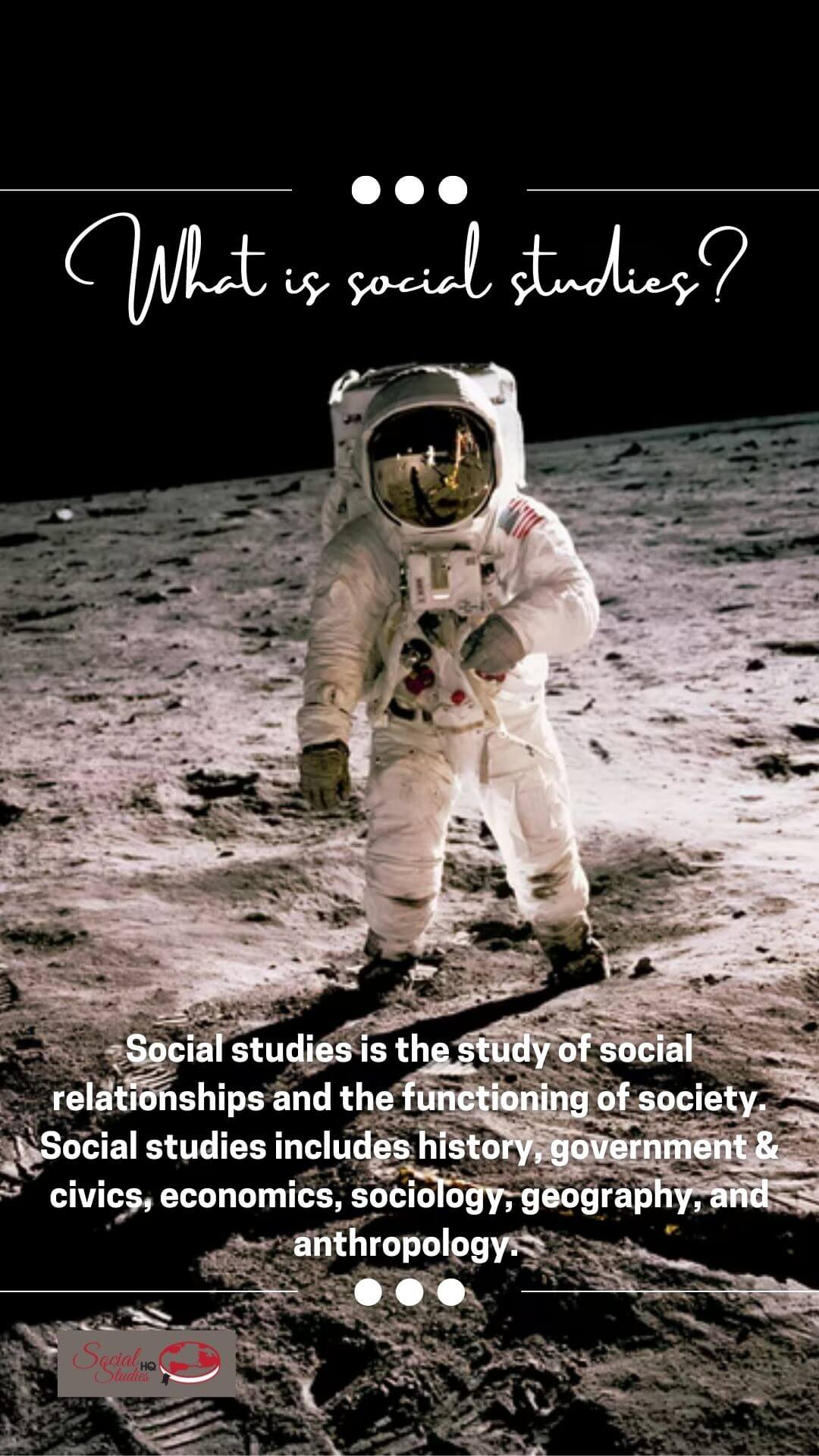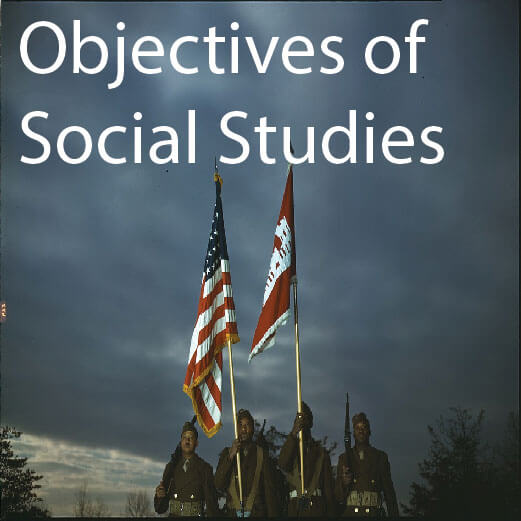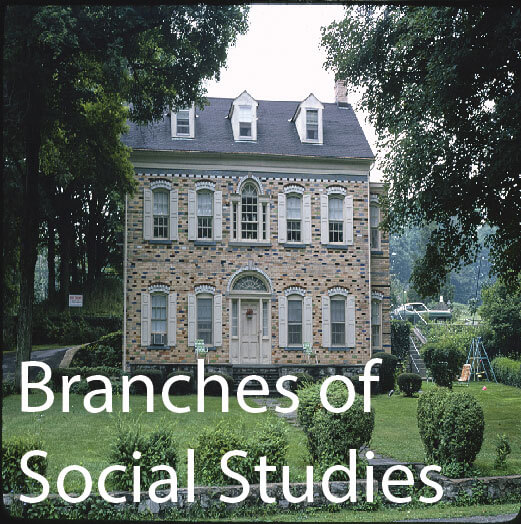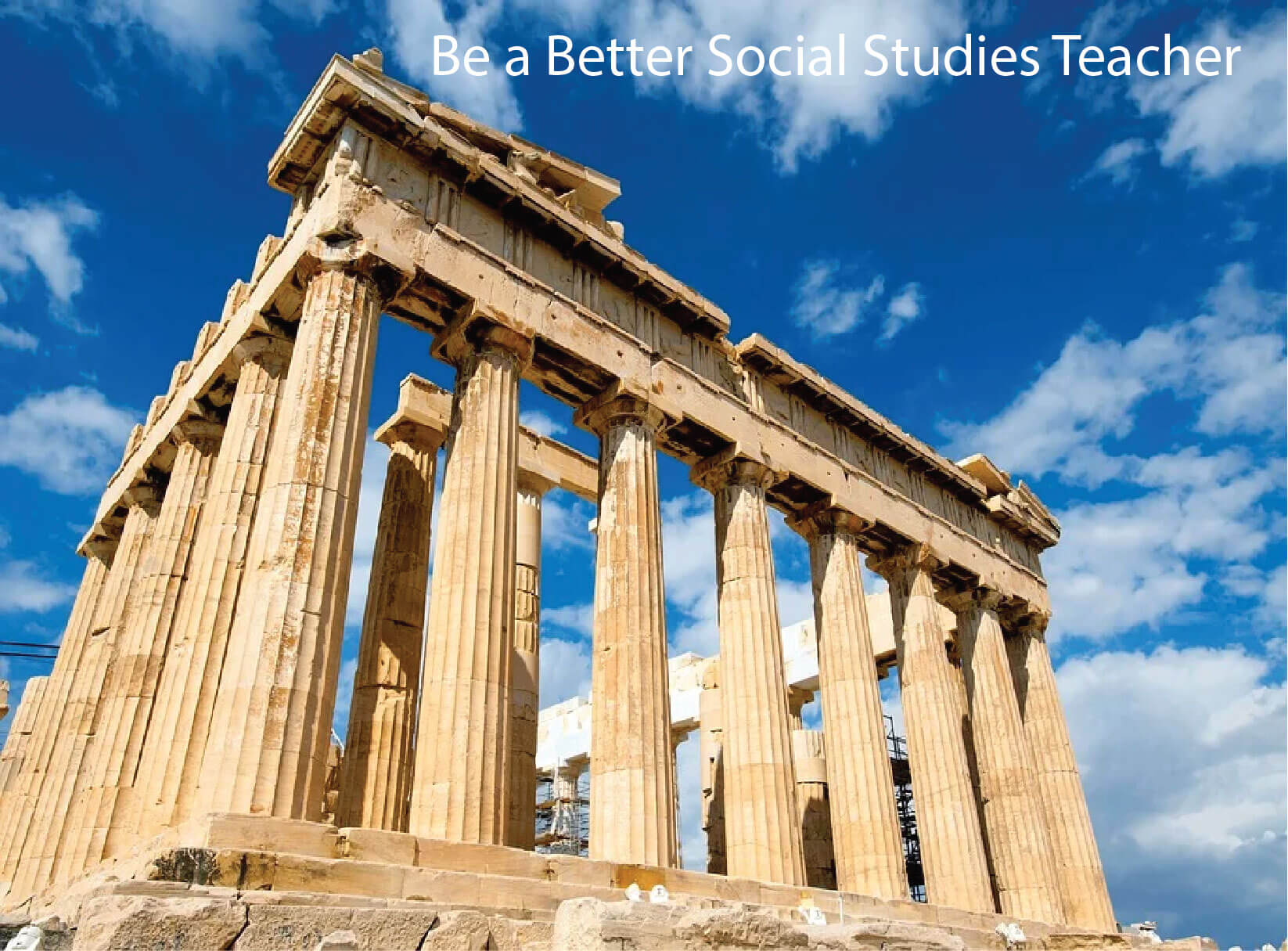- Social Studies
- What Is Social Studies
What is Social Studies?
 The 1968 Republican National Convention in Miami, FL. Library of Congress.
The 1968 Republican National Convention in Miami, FL. Library of Congress.What is social studies? It is a subject frequently studied in school. It is also the broad academic field that covers human beings and their interactions within society. It also includes how people have interacted with each other and formed communities, nations, and states.
Social studies is the study of social interactions among people, social institutions, social phenomena, and social settings. Social sciences are about how society operates and its effects on people. What does this mean for you? It means that social studies can help you understand why societies function as they do - or don't function at all!
One of the most important things social studies can do for students is help develop empathy. We can't solve social problems if we don't understand them. And, we can't understand them if we don't have a basic understanding of social studies! I have always hoped to assist students in developing empathy for others, especially others whom they would consider to be of a different culture or point-of-view. Knowledge alone will not develop empathy, but empathy is difficult to develop in the face of ignorance.
So, what is social studies? As you can see, it's a broad and important subject that covers everything from history to social issues. It helps us to understand the world we live in and our place within it. If you're interested in making a difference in the world, social studies is a great place to start!
The History of Social Studies
The history of social studies education can be traced to the social and economic conflicts that emerged in the decades before the Civil War. At this time, the answer to the question what is social was that it was a subject most often associated with elementary schooling and consisted of lessons on moral education and social order.
Social studies became more prevalent during the 20th century. The social textbooks of the post-World War I period were heavily influenced by social Darwinism and eugenics. The first social studies curriculum guidelines, developed in 1919, outlined five themes: geography, civic ideals, movements of people across space and time, human society, and social problems.
In the 1930s, social studies education was influenced by Franklin Roosevelt's New Deal and the Great Depression. The social studies curriculum shifted to emphasize democracy and social justice. During World War II, social studies education focused on the war effort and patriotic education.
Since the 1970s, social studies education has been increasingly influenced by cultural relativism and social constructionism. In 1994, the social studies framework was revised to place an increased focus on critical thinking and social activism.

What is Social Studies: The Social Sciences
In social science education, "historical thinking" refers to the ability to chronologically order events and to synthesize past experiences into a coherent and meaningful whole. The following branches of social studies may be taught in grades K-12:
Geography students study social systems, history, politics and human relations; the environment; administration of land; regional planning; resource development and utilization (including such topics as energy use); social problems (such as poverty and crime); the effects of natural and human-made disasters on social systems; and world organizations.
Economics students study economic concepts and theories; the economic organization of society, including the nature of markets, production, distribution, consumption, and investment; money and banking; international trade and finance; social welfare programs; labor unions and business organizations; foreign economic policies of the United States and other countries; international social problems related to economic development, money and debt.
Sociology students study social institutions, social organization, social stratification, social change, social problems (such as poverty, child abuse, or homelessness). Social psychology is sometimes included in sociology instruction.
Political science students study the principles of government, the making and administration of public policy, international relations, and comparative government.
Civics education is instruction in the nature and workings of government. It is not synonymous with social studies, although social studies may be a component of civics education.
Students learn about social problems in social studies so that they can identify these problems and work to find solutions. In social studies, students also learn about their rights and responsibilities as citizens. They develop the skills needed to be effective participants in a democracy.
History education is the study of the human past. It includes the study of events, people, places, and things from all times and all parts of the world.
So, another answer to the question what is social studies is that it is a broad field encompassing history, geography, civics and government, economics, and sociology.
What is Social Studies: 10 Thematic Strands
The National Council for the Social Studies (NCSS) has identified 10 Thematic Strands that should be a part of social studies education. These 10 strands are
- Culture
- Time, Continuity, and Change
- People, Places, and Environments
- Individual Development and Identity
- Individuals, Groups, and Institutions
- Power, Authority, and Governance
- Production, Distribution, and Consumption
- Science and Technology
- Global Connections
- Civic Ideals and Practices
A quality social studies education, according to NCSS addresses all of these strands across the K-12 curriculum. These 10 Themes demonstrate the varied objectives of social studies.
Why Social Studies?
Understanding what is social studies is important, but it is equally important to understand why social studies. Social studies education helps students understand how the world works and prepares them to be responsible and active participants in society. It provides a foundation of knowledge in economics, geography, history, political science, and sociology. Students learn to think critically and problem-solve so that they can make informed decisions about the issues that affect their lives. Social studies education also helps students develop empathy for others and a sense of global citizenship.




New! Comments
Have your say about what you just read! Leave me a comment in the box below.